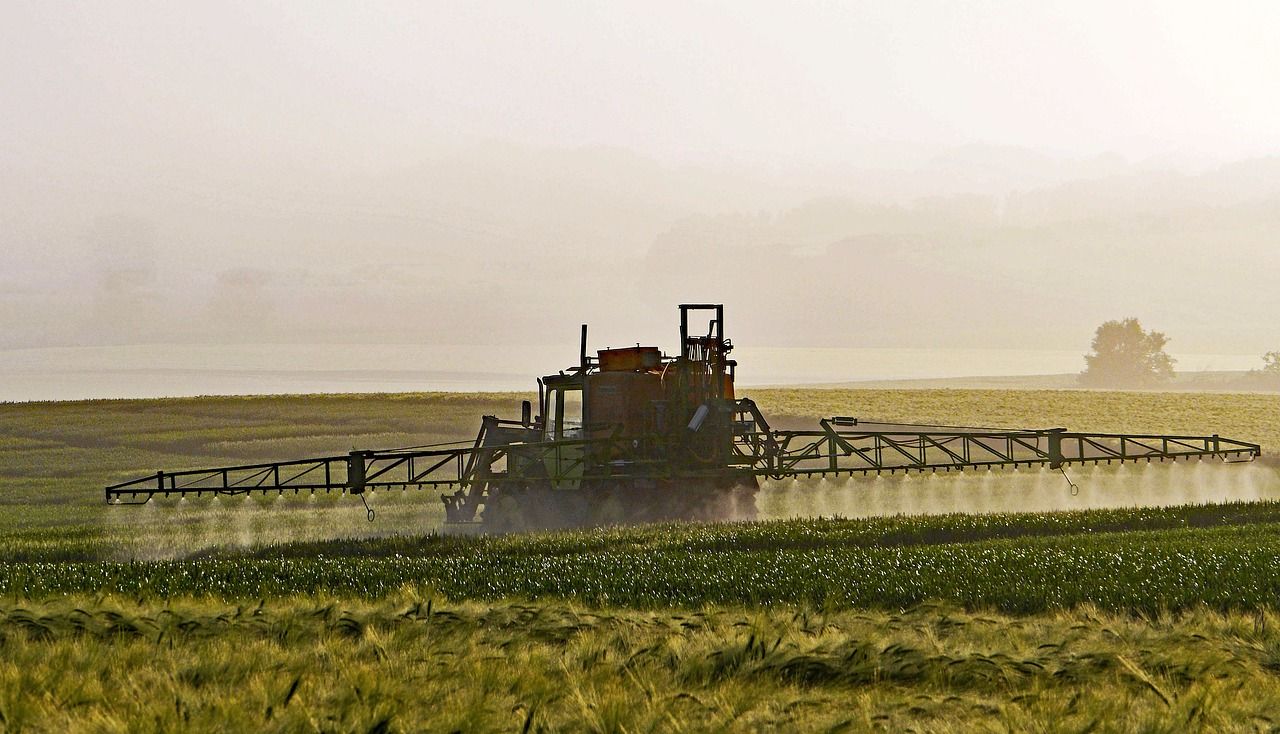The Commission last September 8 proposed a Regulation to strengthen protections for EU farmers in the context of the EU-Mercosur Partnership Agreement (EMPA). The proposed safeguards deliver on the guarantees provided to EU farmers under the EMPA legal proposal, sent to EU Member States by the Commission on 3 September. In practice, they provide an additional layer of certainty to EU farmers beyond the carefully calibrated phase-in of targeted quotas that have been agreed with Mercosur for imports in sensitive sectors. In the unlikely event of an unforeseen and harmful surge in imports from Mercosur or an undue decrease in prices for EU producers, swift and effective protections would kick into gear.
The proposal lays down procedures to guarantee the timely and effective implementation of bilateral safeguard measures for agricultural products. It also includes specific provisions as regards certain sensitive agricultural products (listed in the Annex to the regulation) such as beef, poultry, rice, honey, eggs, garlic, ethanol, and sugar.
The specific provisions for sensitive products include enhanced monitoring, clear triggers, and rapid response.
Enhanced monitoring
The Commission will systematically monitor market trends regarding the imports of certain sensitive agricultural products under the agreement. On the basis of these results, the Commission will send a report to the Council and the European Parliament every six months assessing the impacts of these imports on the EU markets.
This regular and granular monitoring will allow the identification of any risks at an early stage, and swift action to remedy potential negative impacts. Such reports shall cover the Union market and, if relevant, also cover the specific situation in one or several Member States.
Clear triggers
The Commission will examine, as a matter of priority, cases where there is a surge of imports or a decrease in domestic prices concentrated in one or several Member States.
As a rule, the Commission will launch an investigation if import prices from Mercosur are at least 10% lower than prices of the same or competing EU products and there is a) a more than 10% increase in annual imports of a product from Mercosur under preferential terms or b) a 10% decrease in the import prices of that given product from Mercosur, all compared to the preceding year. If the investigation concludes that there is serious injury (or threat thereof), the EU could temporarily withdraw tariffs preferences on products causing injury.
Rapid Response
Under the proposal, the Commission commits to:
- initiating an investigation without delay upon request of a Member State, where there are sufficient grounds;
- activating provisional safeguard measures in no more than 21 days after receiving the request in most urgent cases, if there is sufficient risk of harm;
- aiming to conclude the investigations in 4 months (substantially quicker than the 12 months otherwise allowed by the EMPA).
Background
The bilateral safeguard clauses included in the EMPA allow for the temporary withdrawal of tariff preferences to counteract possible negative impacts of tariff reductions. Today’s proposal translates this clause directly into binding and immediately enforceable EU law.
It builds on the Regulation (EU) 2019/287 which implements the safeguard clause and other mechanisms allowing for the temporary withdrawal of preferences in certain agreements concluded between the European Union and certain third countries. Given the sensitivities related to trade in agricultural goods with Mercosur countries, a specific legal act was deemed appropriate.
Next steps
The Regulation proposed today by the Commission will need to be adopted by the European Parliament and the Council in an ordinary legislative procedure. The Commission has demonstrated rapid action in proposing this regulation, and we anticipate that the co-legislators will swiftly adopt it so to immediately profit from it.
More information: European Commission







Leave a Reply